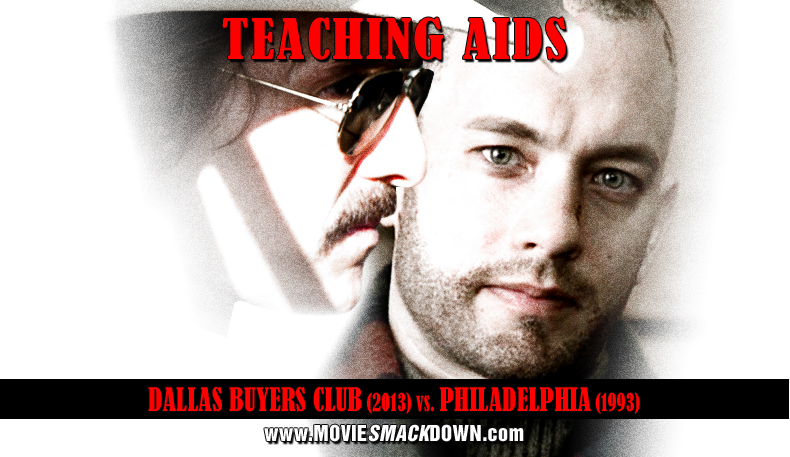
The Smackdown
As the anniversary of the release of Philadelphia approaches, let’s take a moment to consider just what the apparent requirements were for a major studio to be bold enough to make a movie about homosexuality and AIDS back in 1993:
Both leads had to be played by huge stars, and the villain played by one of our most beloved character actors. The director had to have come off an enormous smash that had just swept the Oscars. The opening theme song had to be supplied by the ultimate blue-collar, all-American pop star. The protagonist could be gay, but only if counter-balanced by the other lead being a raging homophobe, and the protagonist and his lover (played by an international star himself) could not only never be seen in bed together, but could never be seen sharing more than a chaste slow-dance.
So admittedly, as envelope-pushing on this topic goes, Philadelphia may not be viewed on the level of, say, Brokeback Mountain (2005), but it’s entirely fair to say that Philadelphia made Brokeback Mountain possible, as well as the current release, Dallas Buyers Club. So what better way for the newborn to pay tribute to its spiritual grandfather than to throw them into the ring for a face-off?
Yep, time for a big-city Smackdown! Dallas v. Philly! Jingle City v. City of Brotherly Love! Cowboys v. Eagles!
Who wants pizza?
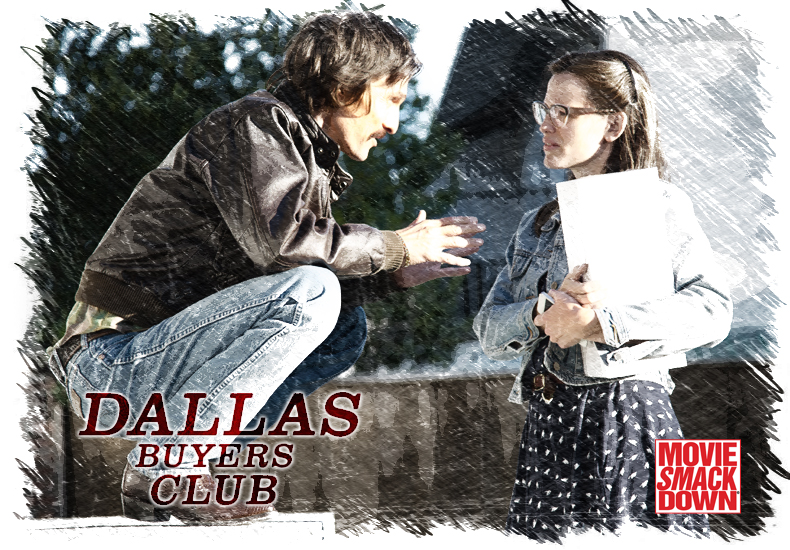 The Challenger:
The Challenger:
It’s 1985, the early years of the AIDS epidemic, and hedonistic Texas electrician Ron Woodroof (an emaciated Matthew McConaughey) is diagnosed with HIV virus, his doctors (Denis O’Hare and Jennifer Garner) grimly estimating his remaining life span at 30 days. The steadfastly heterosexual and homophobic Woodroof refuses to accept the news at first, believing it to be a strictly “gay†disease, but upon further research and unable to deny his symptoms, panic sets in. The hospital has just started testing the new and expensive medication AZT, and Woodroof manages to procure some, but when his supply is cut off, he rushes down to Mexico, where a sympathetic unlicensed shaman (Griffin Dunne, nearly unrecognizable) urges him onto a more holistic mix of non-FDA-approved medicines and vitamins.
After his “deadline†passes and his symptoms improve, Woodroof recognizes the huge demand for the alternative medicine back home. He returns armed with a huge supply and begins importing more, forming an unlikely partnership with sharp-tongued, flamboyant, transgender, fellow AIDS patient Rayon (Jared Leto, also shockingly transformed), and converting a run-down hotel room into HQ for the Dallas Buyers Club, which provides unlimited meds for a monthly fee. Their business booms, but at the cost of incurring the wrath of the medical establishment, the FDA, the DEA, the IRS and countless other three-letter abbreviations.
The Defending Champion:
Andrew Beckett (Tom Hanks) has just received a big promotion at one of the top-tiered and longest-named law firms in town, due to his brilliance, strong work ethic, and status as a favorite of crusty lead partner Charles Wheeler (Jason Robards). But after a telltale lesion on his forehead is noticed, we jump ahead a few months to find a gaunt and pale Andrew having been recently fired, supposedly because of a misplaced file, but really, he is certain, because he was recently outed as a gay man with AIDS.
Beckett intends to sue for wrongful termination. With so few fellow lawyers willing to take on such a risky and controversial case, his last resort turns out to be Joe Hill (Denzel Washington), a small-time ambulance chaser who privately harbors animosity toward homosexuals and takes the case seemingly out of pity. Beckett grows increasingly ill as the trial wears on, but his spirits and energy remain high thanks to the loving devotion of his mother (Joanne Woodward), partner (Antonio Banderas), family, and Joe himself, much to his own surprise.
The Scorecard:
The two films have much in common beyond their subject matter. Both feature two similar odd-couple pairings of a sweet gay man and a surly homophobic man who slowly grow to like and respect each other. Both depict the effect of AIDS on its innocent sufferers in all its cruelty. Both are rousing David-and-Goliath tales in which an AIDS sufferer chooses to be a fighter for the rights of his brethren over being a helpless ailing victim.
And perhaps most notably, both feature actors in the lead roles that stretch their boundaries and confirm them as far more than mere movie stars. As difficult as it may be now to imagine a time when Hanks wasn’t considered a serious actor, this was really his first entirely dramatic role, one that established him as more than just an affable and witty presence and won him the first of his two consecutive Oscars. Similarly, McConaughey, after so many years of coasting through lukewarm rom-coms on his sculpted features and easy-going charm, has spent the last few years utterly reinventing himself as a versatile, supremely confident, risk-taking and fascinating actor with quirky and eclectic taste in material. With his recent show-stealing turns in Killer Joe, Magic Mike, Bernie and Mud, he’s been on an astonishing hot streak, and he tops them all with a beautiful performance as Woodroof that is alternately funny and heartbreaking, as well as extremely physical (his drastic weight-loss for the role is indeed startling). Like Hanks before him, he’s a shoo-in for an Oscar nomination this time.
DBC also boasts a terrific script (by Craig Borten & Melisa Wallack, based on Woodroof’s improbably true story) that eschews simplicity at every turn. Woodroof is as far from a saintly hero imaginable, and the “villains,†for the most part mean well; everyone is simply reacting to the crisis with what they believe is the best option. The central conflict is one of method: Is it better to fight the disease at a cost of one’s well-being or surrender to the disease but fight off the symptoms for as long as possible? The movie’s stance is clear, but it never tells the viewer how to feel, and an end crawl suggests that the true answer lies in a happy medium between the two. The point is, it’s a film that dares to be messy in the best sense of the word, with its shaggy-dog plot, its unsentimental and sardonic tone, its salty and frequently repellent protagonist, and the complex and unlikely friendship at its center between the ornery, homophobic Woodroof and the seemingly delicate but razor-sharp Rayon, in another career-changing performance that’s also a lock for an Oscar nod for Leto.
Philadelphia, on the other hand, has a mechanical, hermetically sealed, synthetic plastic feel to it, as if it were fabricated in a lab in an effort to create the ultimate issue movie. Ron Nyswaner’s script is a collection of Screenwriting 101 Don’ts: Ultra-simplistic characters, excruciatingly on-the-nose dialogue (just try to watch the scene of Washington explicitly explaining his homophobia to his wife without cringing), and some of the least convincing courtroom scenes ever filmed. Even the most basic choices in structure are questionable: Early on, we abruptly skip forward several months to find Hanks visiting Washington at his office… and then proceeding to narrate a flashback through the crucial plot points of the previous several months. What’s the point of that?
The direction, as well, is a study in contrast. Veteran Canadian filmmaker Jean-Marc (The Young Victoria) Vallée directs DBC with a light, unobtrusive, fly-on-the-wall vibe that brings to mind the best films of the 1970s. The film breezes along briskly and affably as Woodroof gradually evolves from shallow, hedonistic homophobe wallowing in self-pity to an articulate, outraged activist for the gay community, and it thankfully has the good sense not to explain the character or underline the attitude shifts he’s experiencing; we simply tag along with him for this improbable, unpredictable and even educational ride (those who remember the glorification of the “miracle†of AZT will be startled by the demonization it gets here).
Jonathan Demme, who’d previously proven himself so talented in so many different genres, from concert film (Stop Making Sense) to goofy comedy/romance/thriller (Something Wild, Married to the Mob) to horror/suspense (his Oscar-winning Silence of the Lambs), seems completely out of his element with this straight-forward drama. Put it this way: You know those scene transitions where the frame quickly folds in on itself in the center and then opens up to a new scene? The kind that were all the rage on sitcoms in, I dunno, the ’60s? Well, this movie is full of those. It’s not just wrong, it’s a really weird kind of wrong. His choices throughout seem so wrong, so amateurish and ham-handed, one can’t help but wonder: Was he deliberately dumbing himself down to match the mediocrity of the script?
The Decision:
As important a movie as Philadelphia was, I didn’t recall it being a particularly good movie. Revisiting it two decades later provided realization of just how truly terrible a movie it is, one with all the subtlety and grace of a sledgehammer to the skull. Hanks’ sweet and soulful performance remains its sole redeeming feature, but even that is limited by the one-dimensional, sheer niceness of the character. Whereas Dallas Buyer’s Club often feels like a deliberate effort to be the movie that Philadelphia should have been, an authentic, heartfelt depiction of real people with real problems in a real and often complicated universe. It feels alive in a way that Philadelphia doesn’t. By all means, give props to Philadelphia for opening the door as much as it did, but leave it in the time capsule. Dallas Buyer’s Club, thanks largely to the now reliably terrific McConaughey, the miraculously resurrected Leto, and its smart, quirky script, is the one to see.

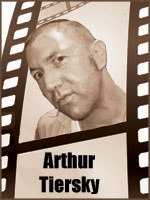
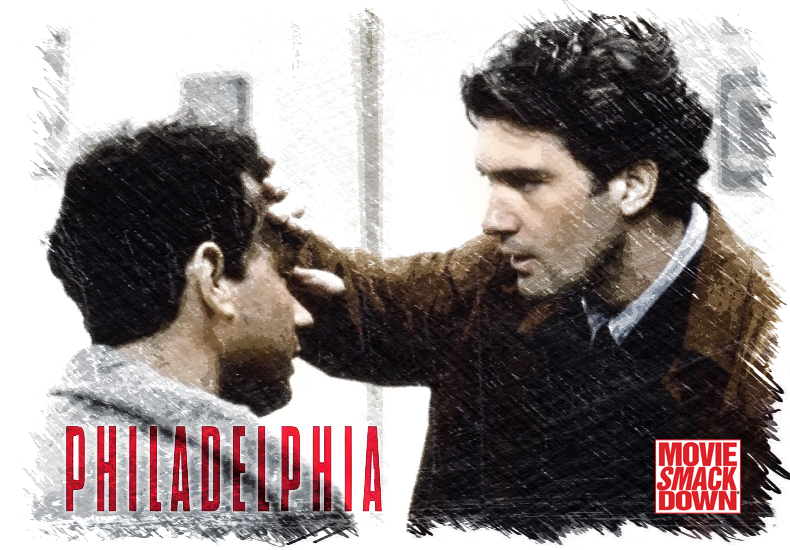

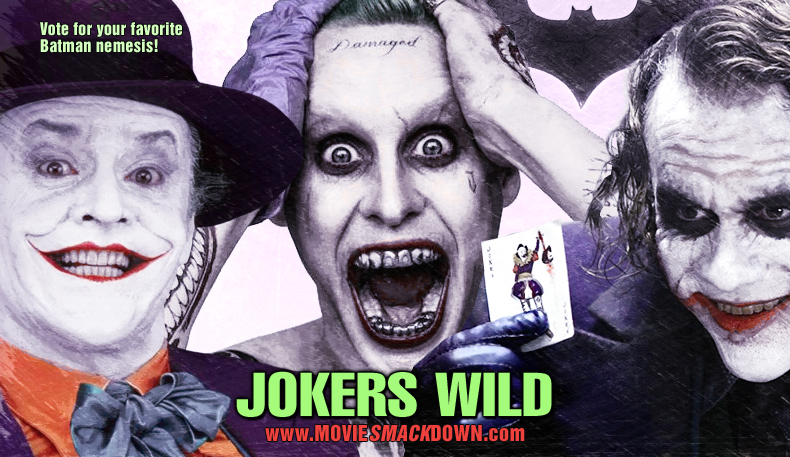
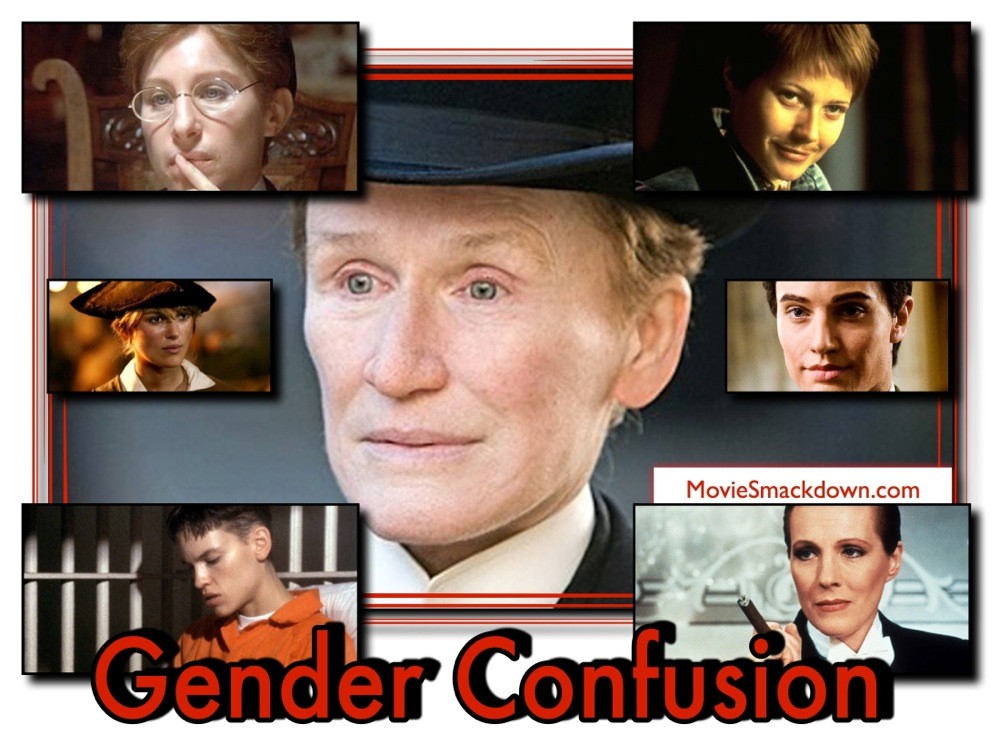
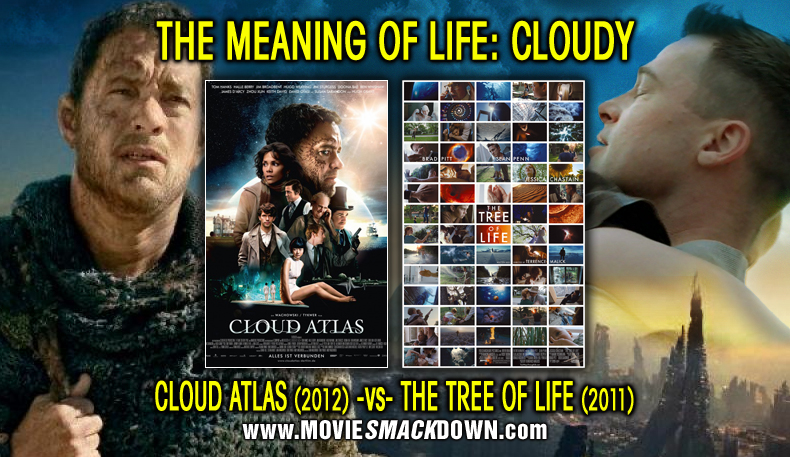
Leave a Reply